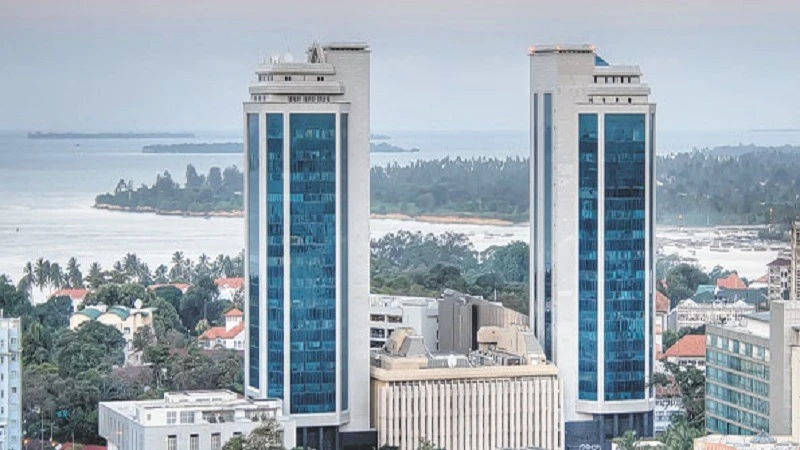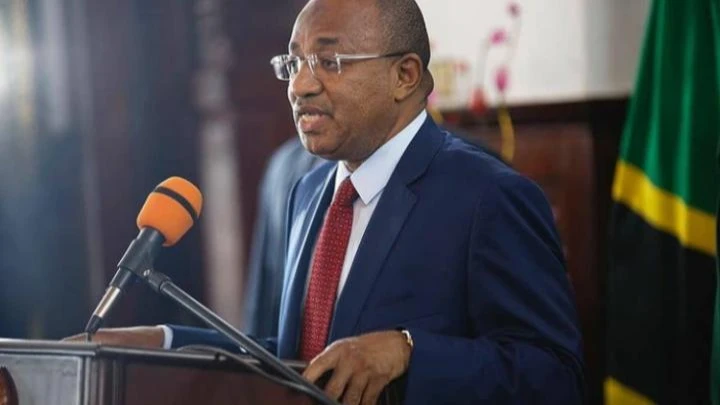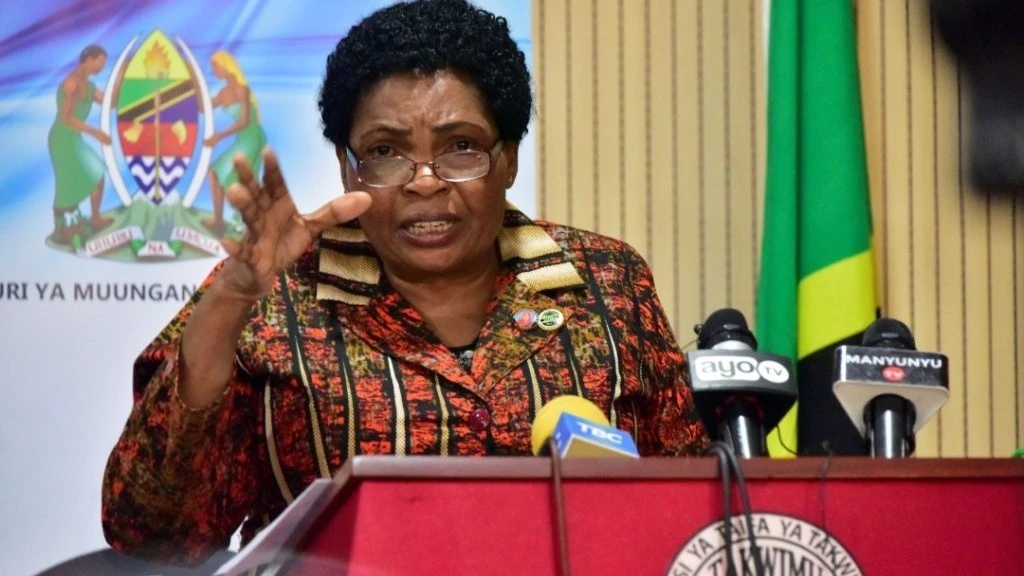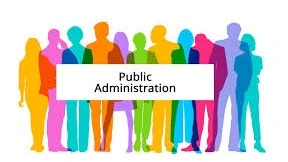Progress in ICT broadband coverage skips huge gap in landlines outreach

ADMITTEDLY there must have been some chest thumping among communications sector administrators with the news that 106 districts have been connected to the national fibre-optic communication network.
ADMITTEDLY there must have been some chest thumping among communications sector administrators with the news that 106 districts have been connected to the national fibre-optic communication network. The state telecoms operator, TTCL, charged with administering the national ICT broadband backbone (NICTBB) as it is titled, says the network has linked many areas with a few districts that are yet to be connected. The fibre optic facility eases internet connection beyond satellite beeps, while definitely cutting costs compared to relying solely on satellite beaming, etc.
What is surprising is that this satisfaction with the `broadband connectivity is sort of unaware that there is a similar parameter of easing communications that is also in the hands of TTCL, but they appear to be unaware of this parameter of communication needs. They have left landlines to individuals to figure out how to go about it, and it is sort of apparent that landlines are rather sparing, left to an overall general number for company. It is bit rare that one hears of personal line as it was the case much earlier.
With this achievement in broadband connectivity, as the state operator has instant revenues each time that private users access the internet via the facility, there is no awareness that landlines is something that needs to be sorted out. Plenty has been said about the doing business environment, and telecommunication costs are not actually being cited, as this has become part of a ‘new normal.’ Officials no longer distinguish between personal and functional communications where the former belong to private mobile phones and the latter basically to office landlines to avoid unnecessary costs.
Admittedly when it comes to the ‘Connect 2 Connect’ atmosphere it is evident that plenty has been done, but in a relatively inefficient manner as failure to turn landlines to the private sector during rather abortive privatization of posts, telecommunications led to the structural anomalies we see at present. We now seek to take broadband services to each district, which is necessary as there is business in these areas, supplies from near and far, apart from networking, which needs to reach these areas too. The issue is if anyone, in the legislature in particular, can initiate a ’new deal’ for landlines.
There is also a regional function for the fibre-optic broadband as it is a sort of launch pad connectivity, bringing various countries to the fold nearly as in the Dar port hub for regional imports and exports. With TTCL engaged with companies like Helios Towers, operating over 400 towers countrywide and all this adds revenues to TTCL and TCRA, the regulator, chances of worrying about the landlines gap to ease office and even home communications are minimal. Someone needs to remember that this is a cost that needs to be cut down, definitely by inviting a PPP tender to uplift landlines.
Top Headlines
© 2024 IPPMEDIA.COM. ALL RIGHTS RESERVED

















